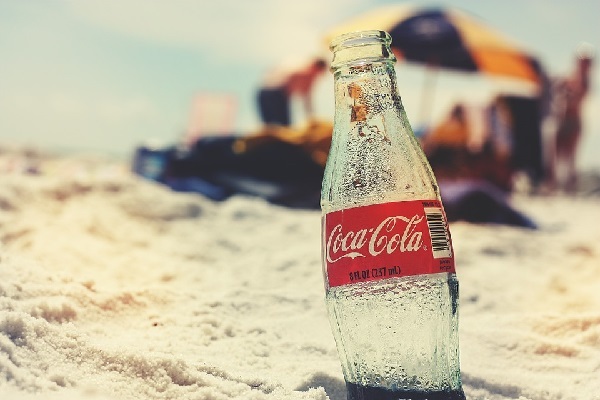A Connecticut congresswoman is proposing a nationwide tax on soda and other popular soft drinks, with the stated goal of reducing how much sugar people consume.
U.S. Rep. Rose DeLauro (D-CT) introduced the Sugar Sweetened Beverages Tax Act of 2015, a proposal that would add an excise tax starting at 1 cent per teaspoon of sugar and adjusted upward on a yearly basis using federal inflation and cost-of-living indices.
Budget Health, Not Public Health
Chris Snowden, director of lifestyle economics at the Institute of Economic Affairs, says sin taxes such as DeLauro’s proposal are often proposed to improve the health of government budgets, not people’s health.
“Sin taxes are certainly good at raising money,” Snowden said. “The question is, where does the money go? Campaigners know that the public is more favorably disposed to these taxes if they believe the money will go to a specific good cause. In practice, however, taxes are rarely [dedicated to specific purposes]. The money tends to go towards general expenditures.”
Snowden says these levies are stealth taxes, not health measures.
“No politician should be getting involved with soda taxes,” Snowden said. “They cannot be seen as part of health policy, because they have never been shown to reduce obesity anywhere they have been tried. If governments need more money, they should raise it honestly, equitably, and fairly. They should not discriminate against one set of consumers.”
Soda Social Engineering
Art Woolf, an associate professor of economics at the University of Vermont, says lawmakers shouldn’t use taxes to engineer consumer behavior.
“I much prefer individuals making their own decisions and their own mistakes rather than having the government making decisions for me,” Woolf said. “It’s a lot easier for individuals to respond to new information and clear up their own mistakes. Government officials generally do not admit when they make mistakes, and their impact lingers.”
Dustin Siggins ([email protected]) writes from Washington, DC.
Internet Info:
Biing-Hwan Lin, et al., “The Effects of a Sugar-Sweetened Beverage Tax: Consumption, Calorie Intake, Obesity, and Tax Burden by Income,” Agricultural & Applied Economics Association: https://www.heartland.org/policy-documents/effects-sugar-sweetened-beverage-tax-consumption-calorie-intake-obesity-and-tax-bur/




